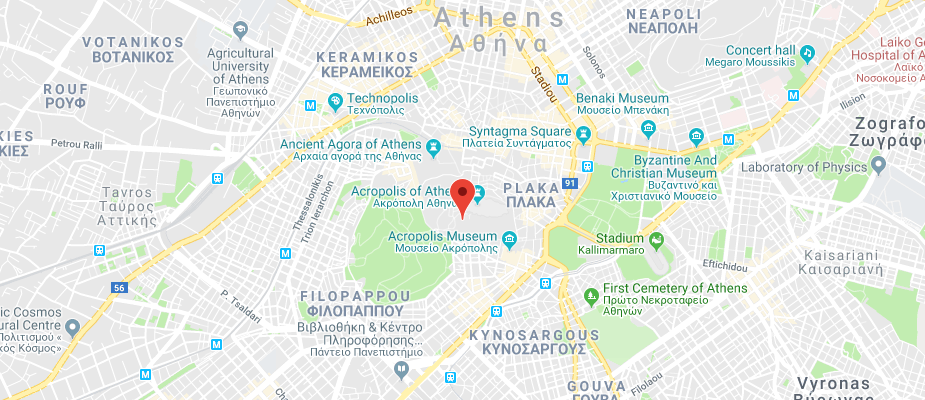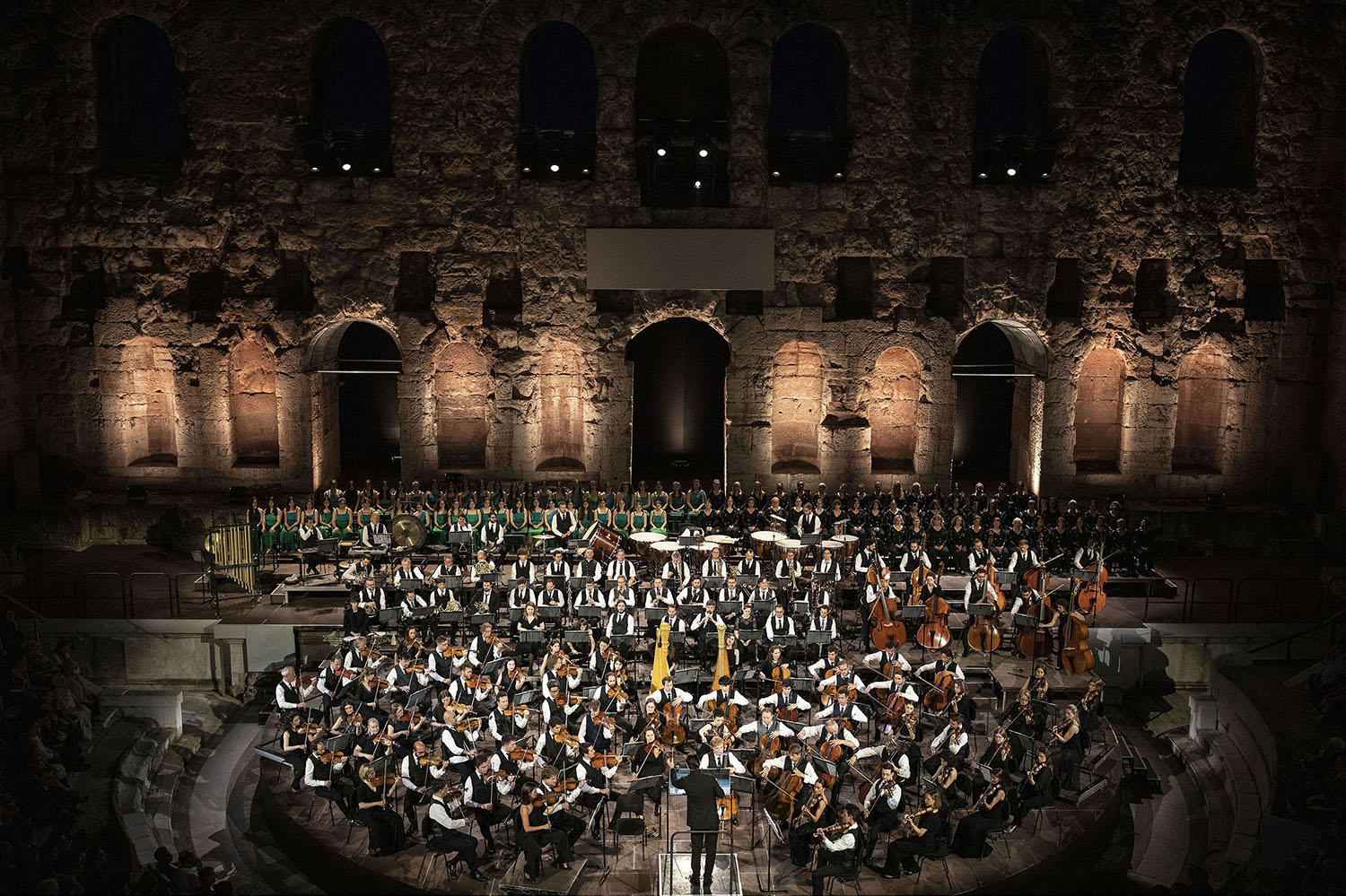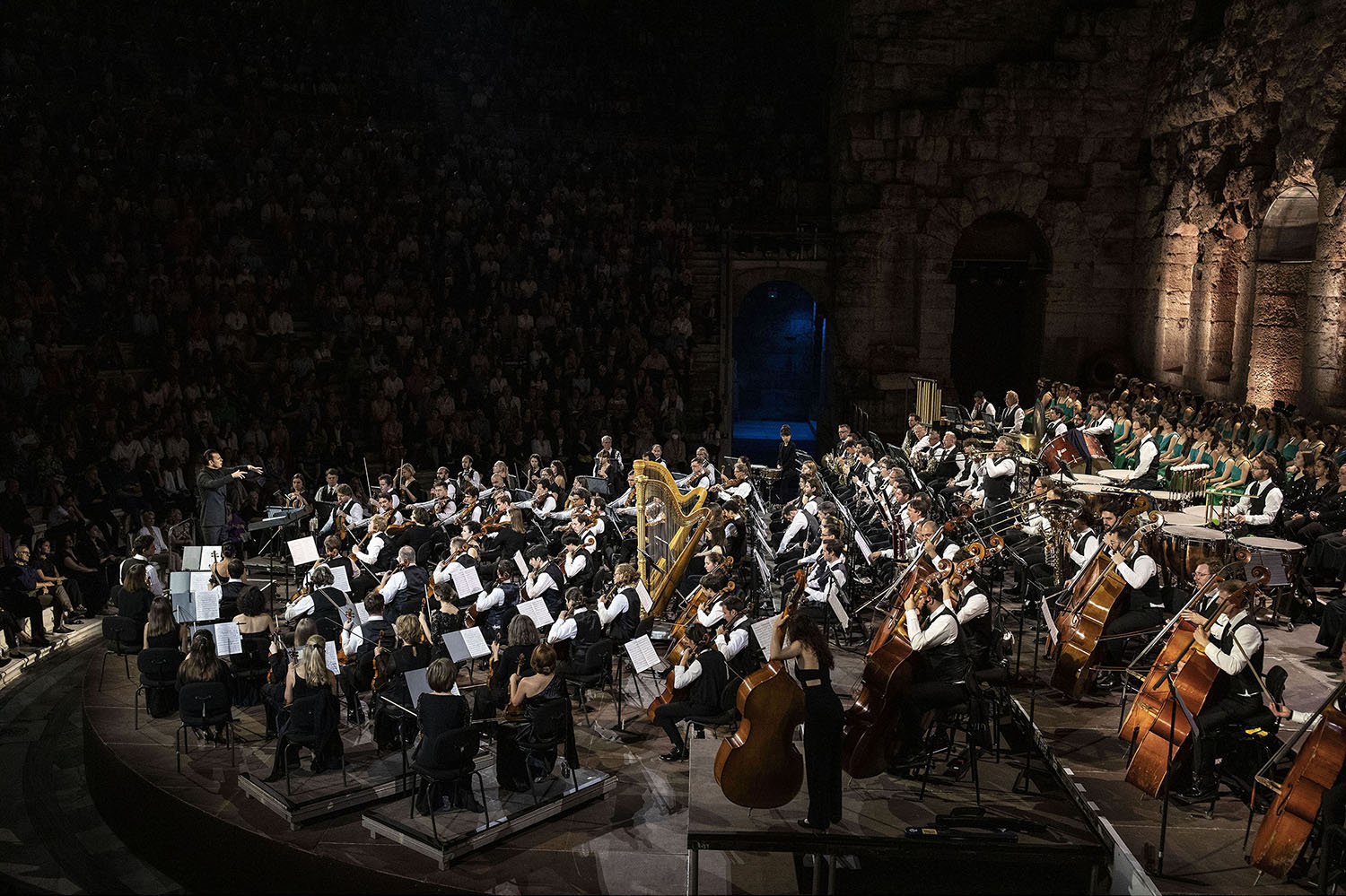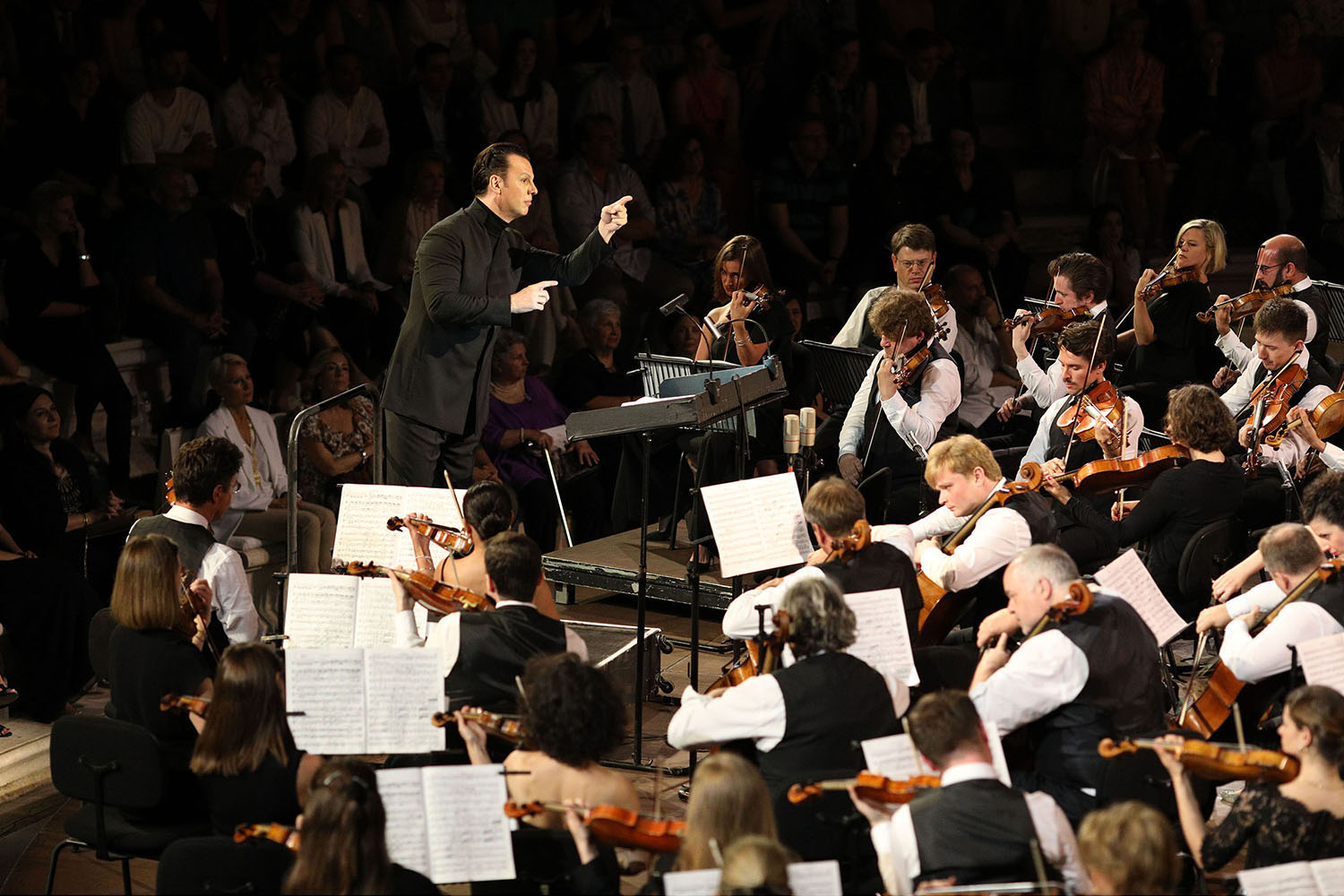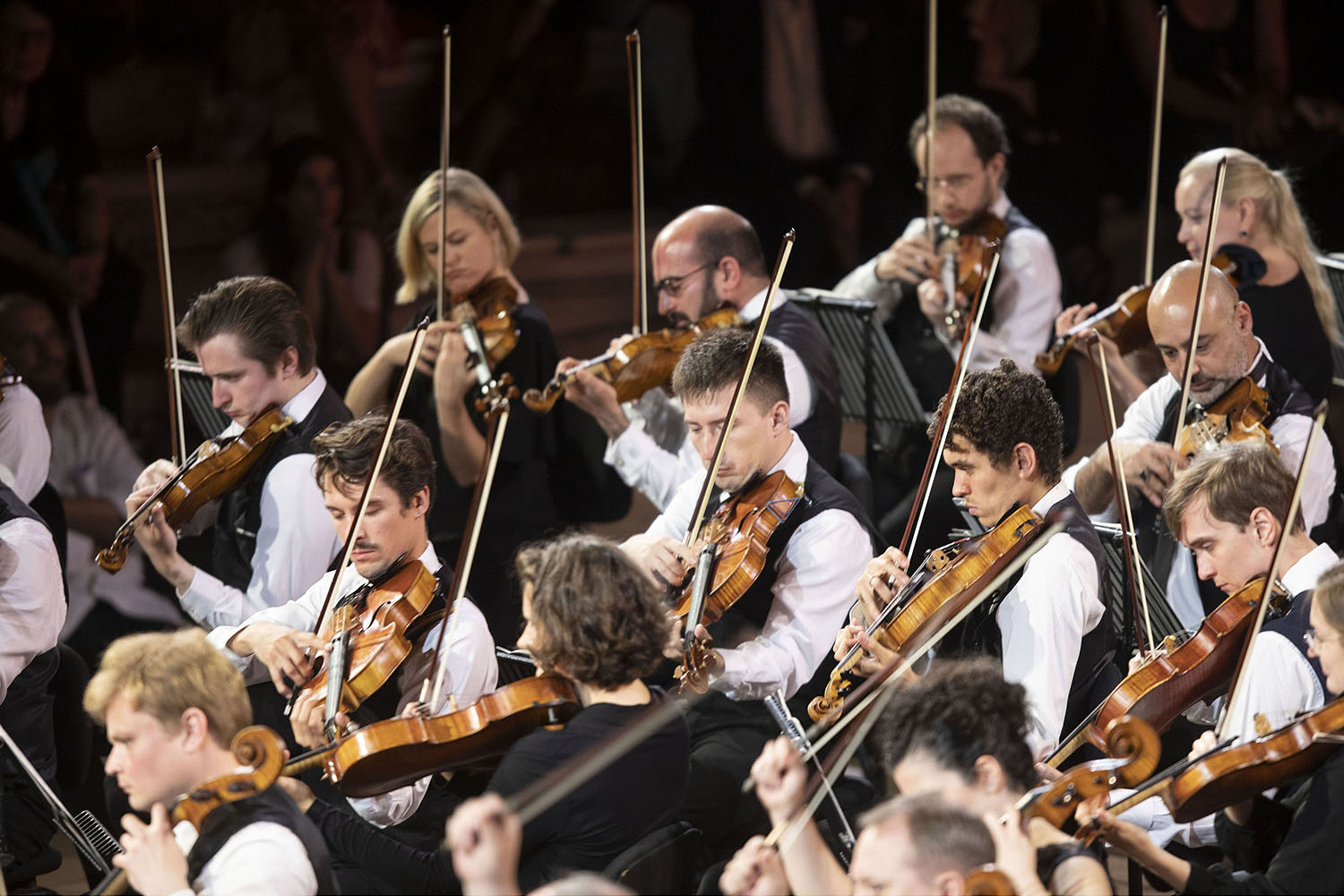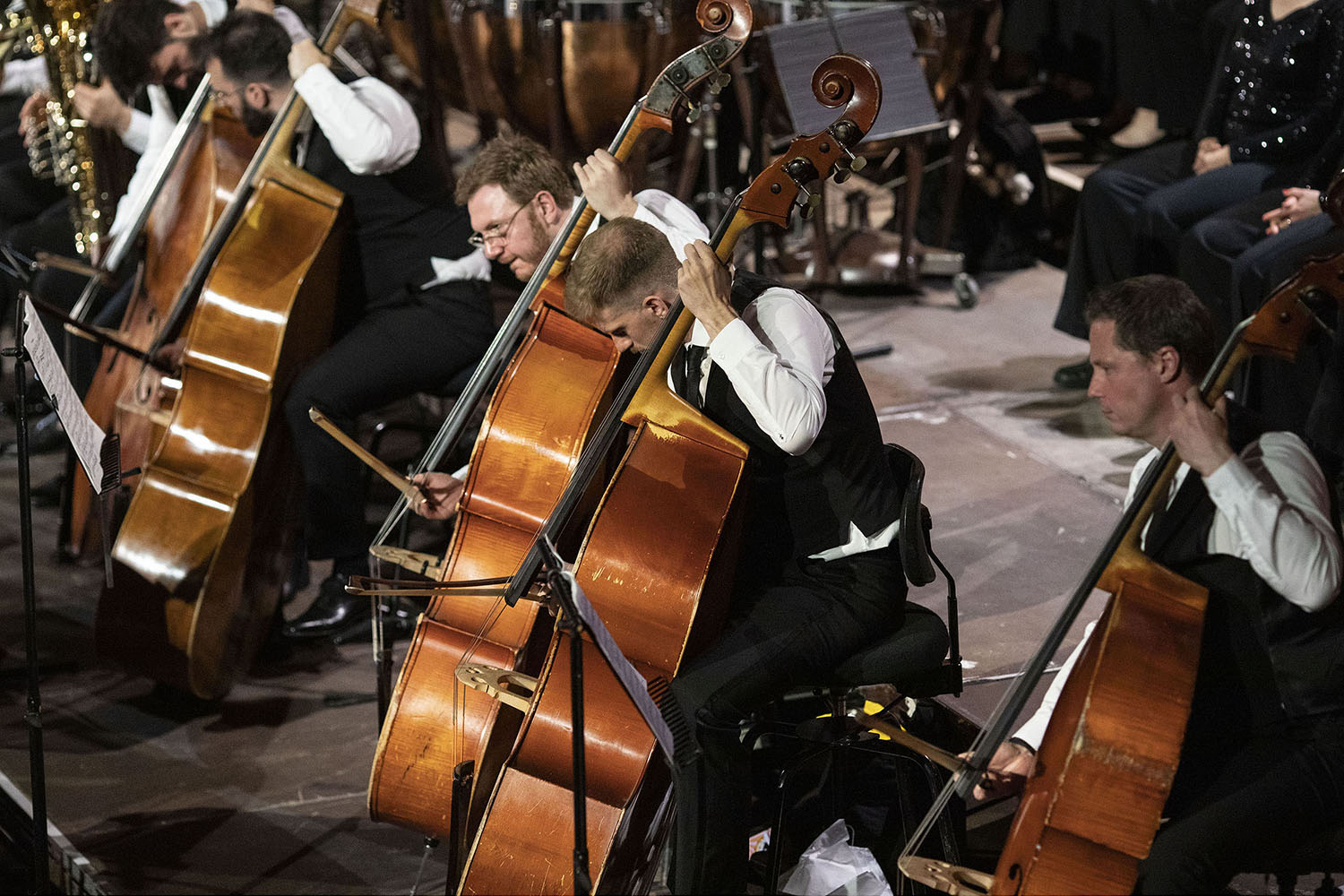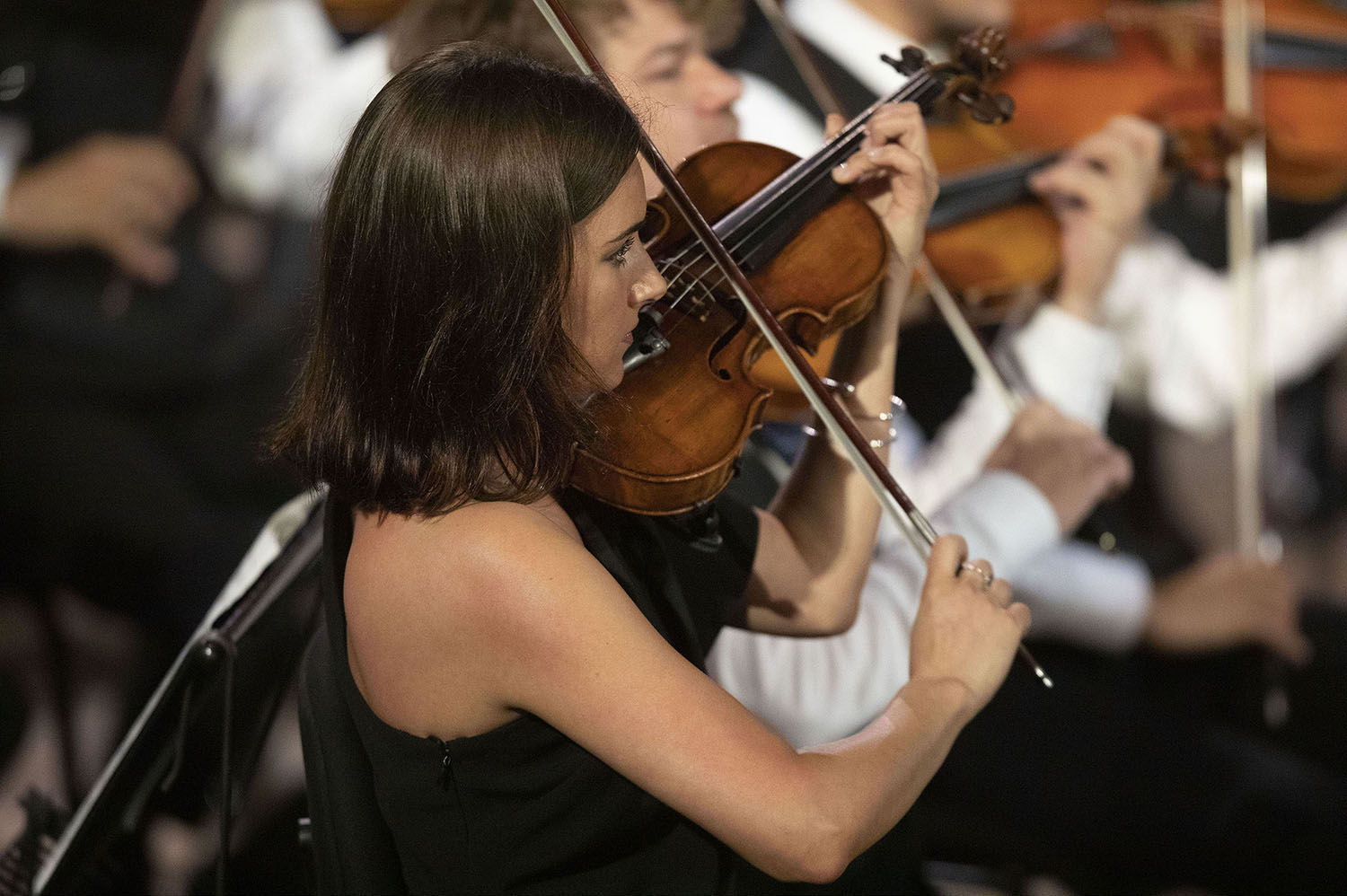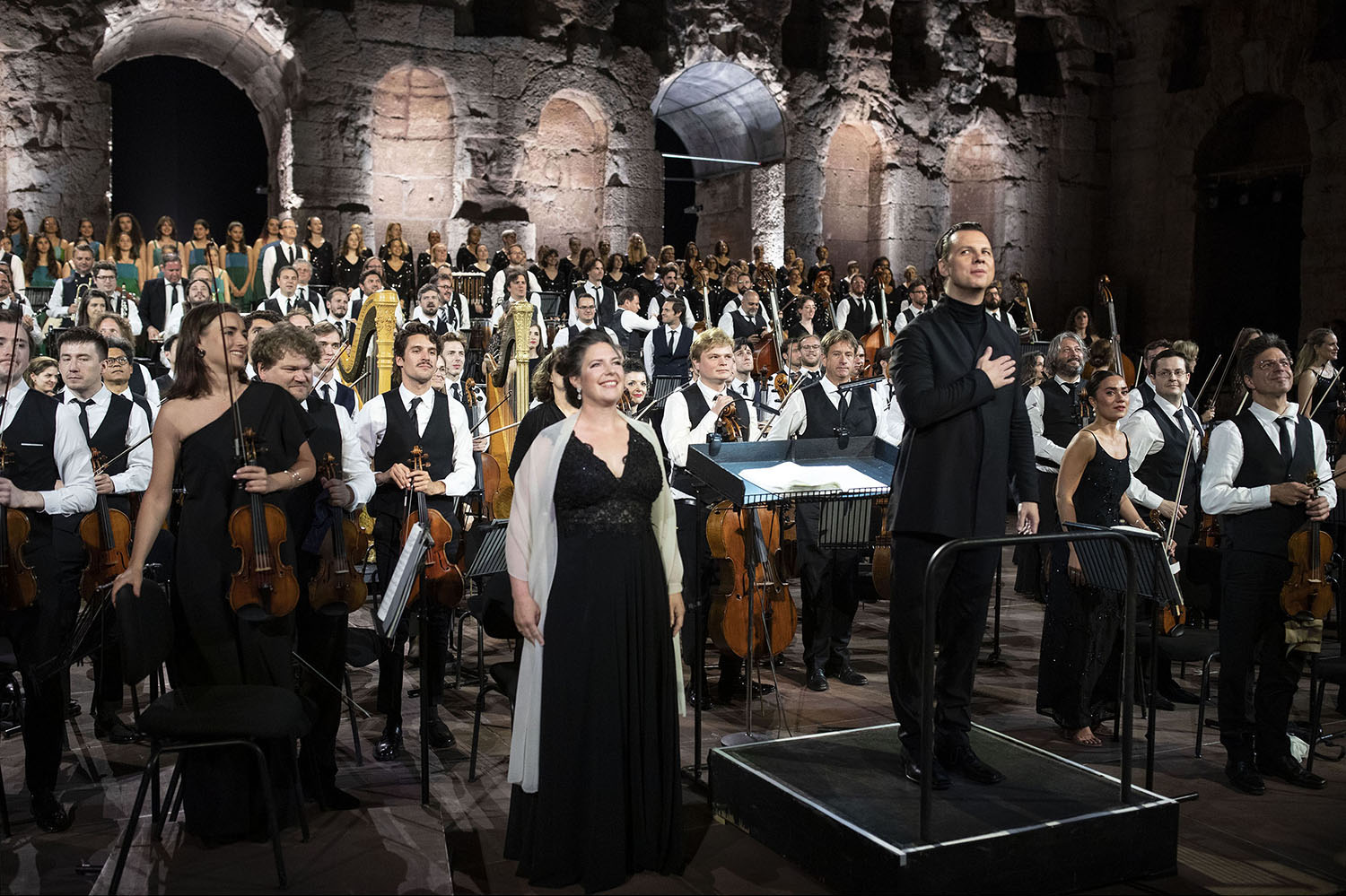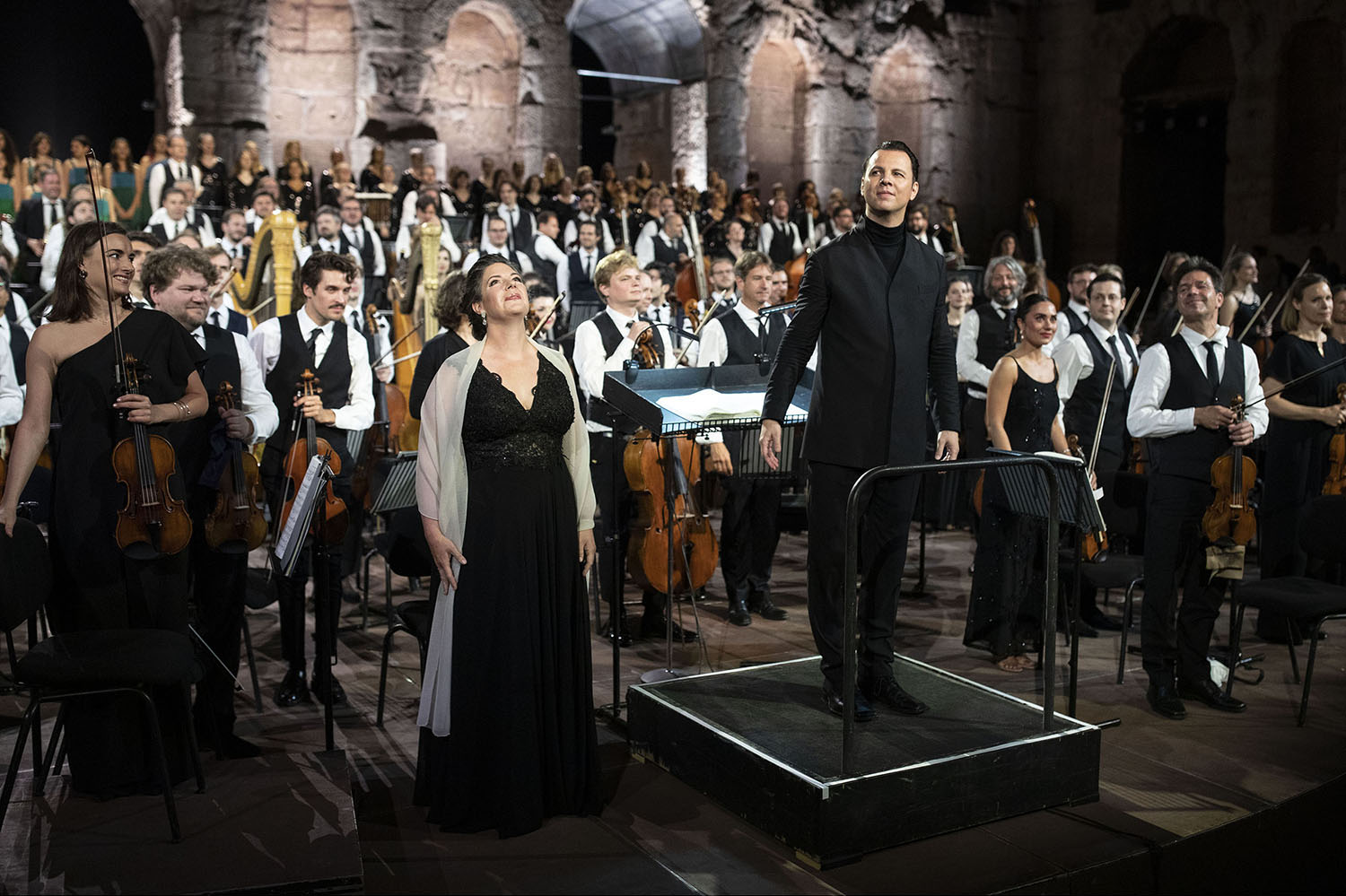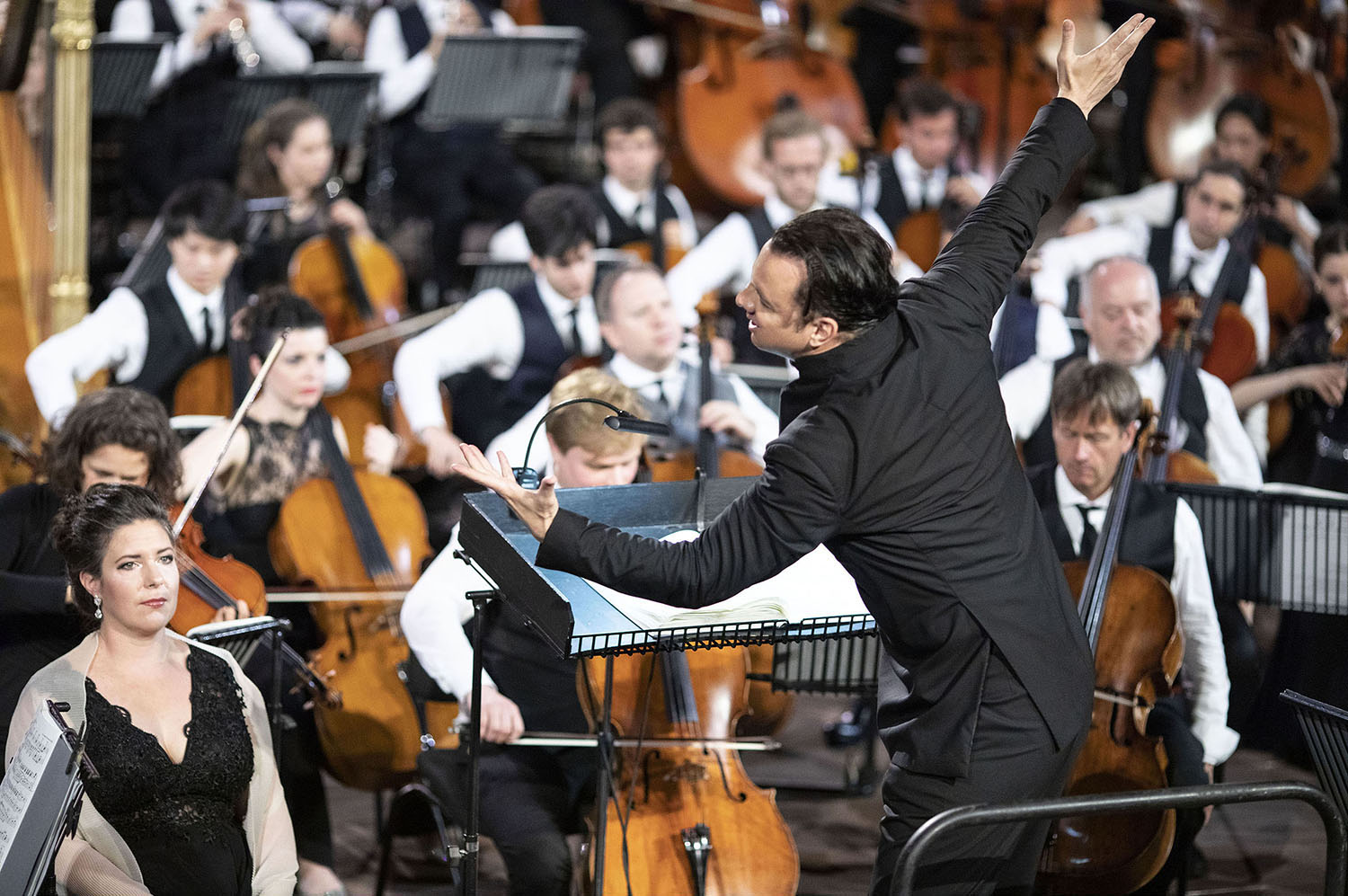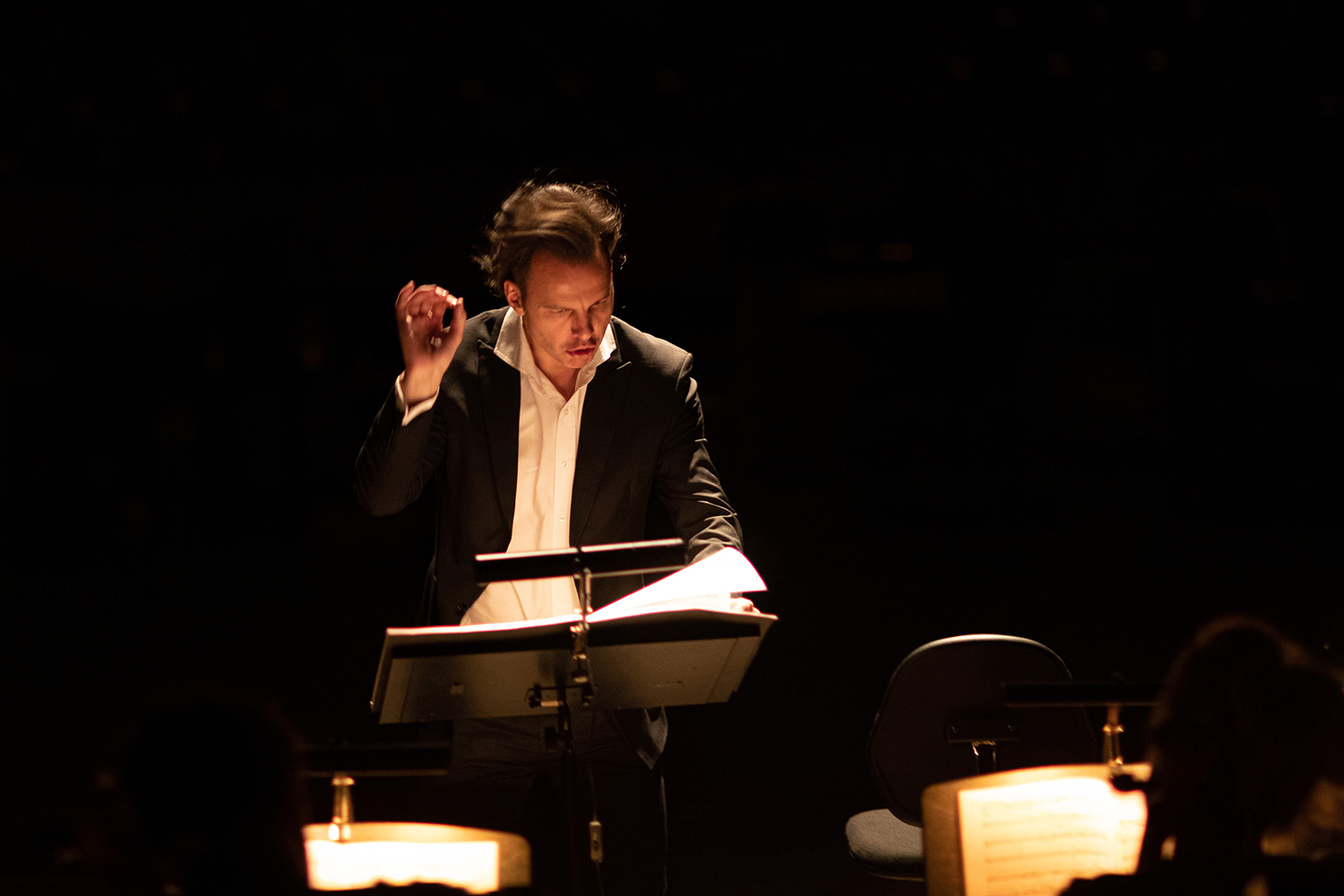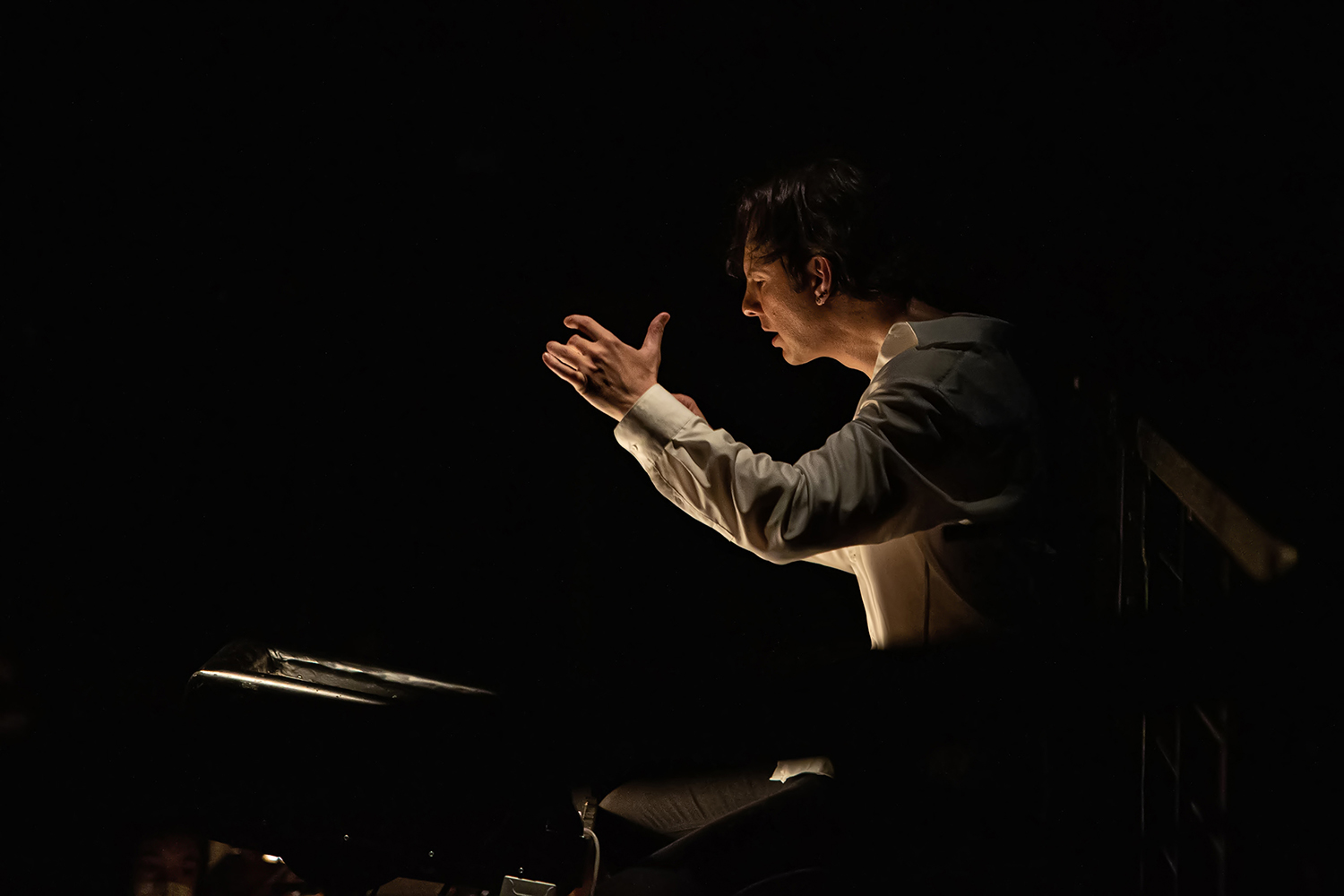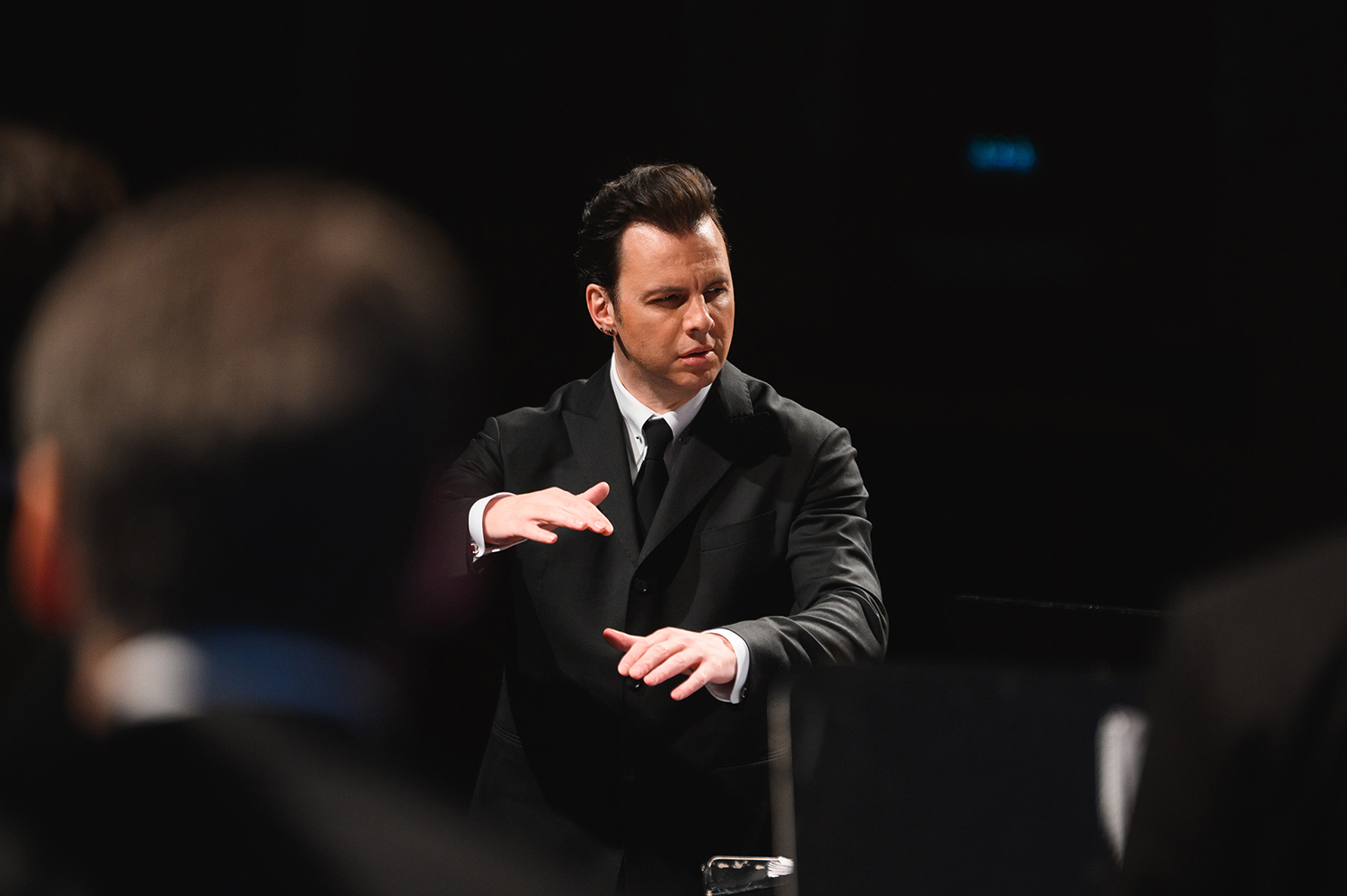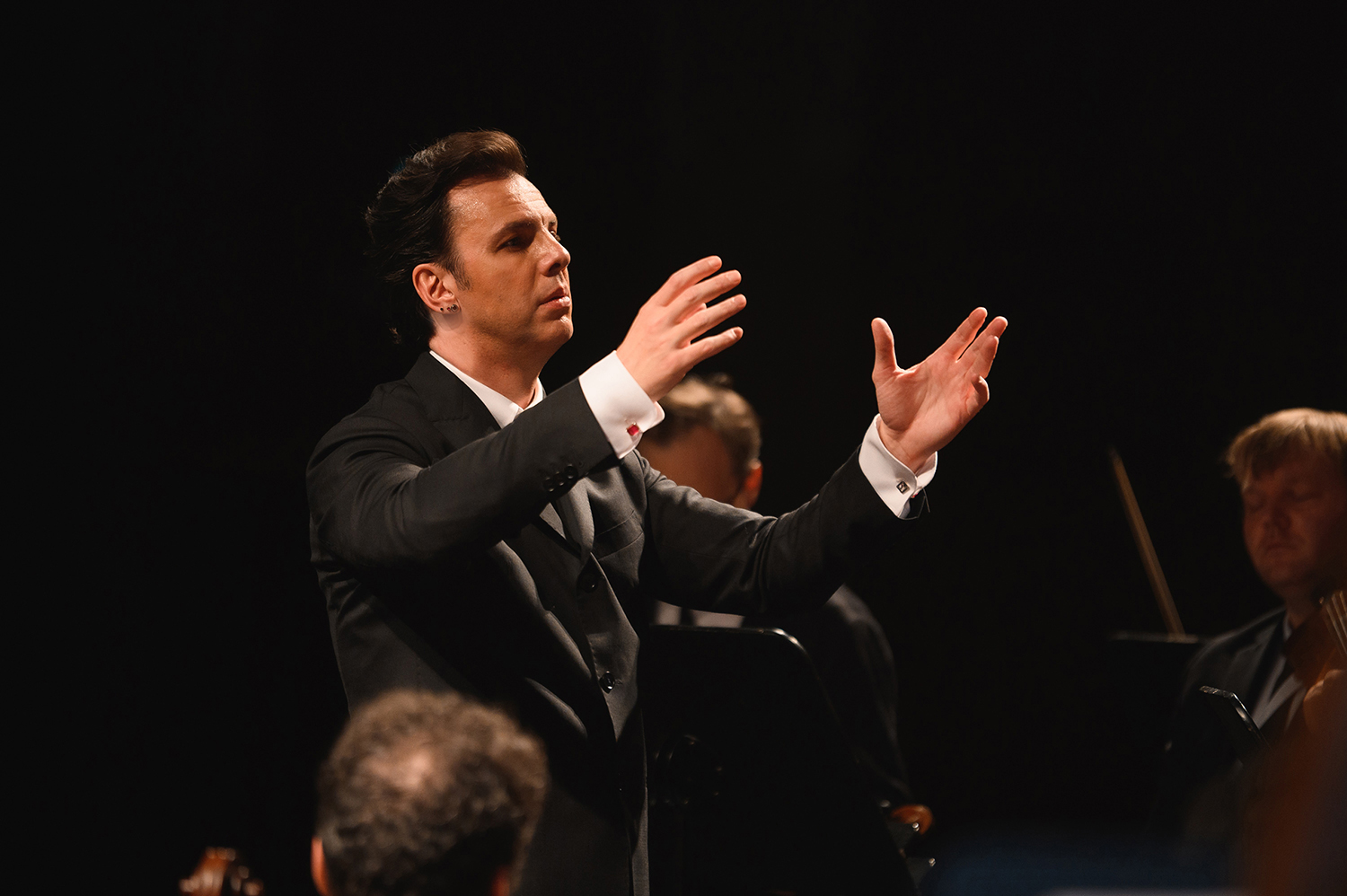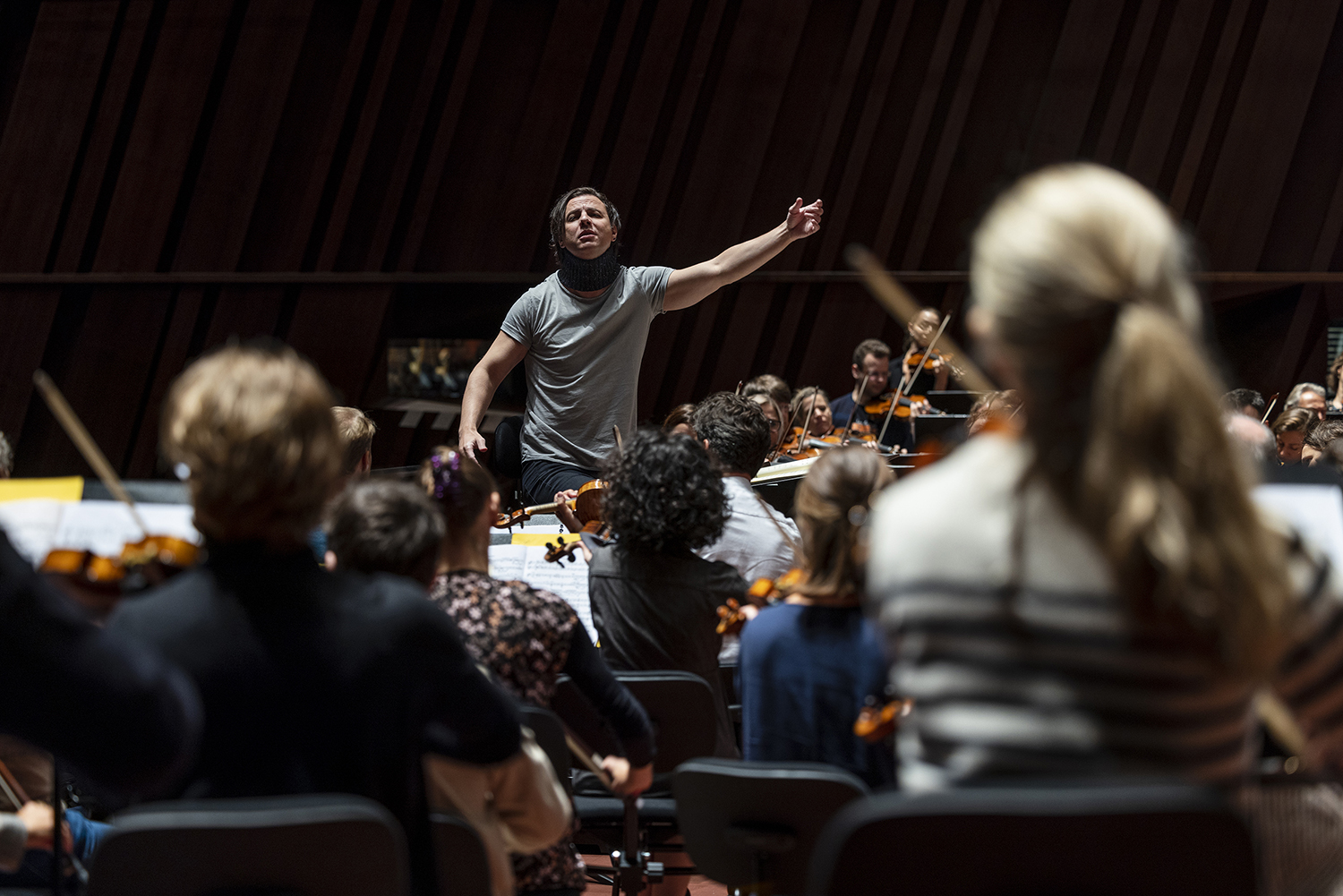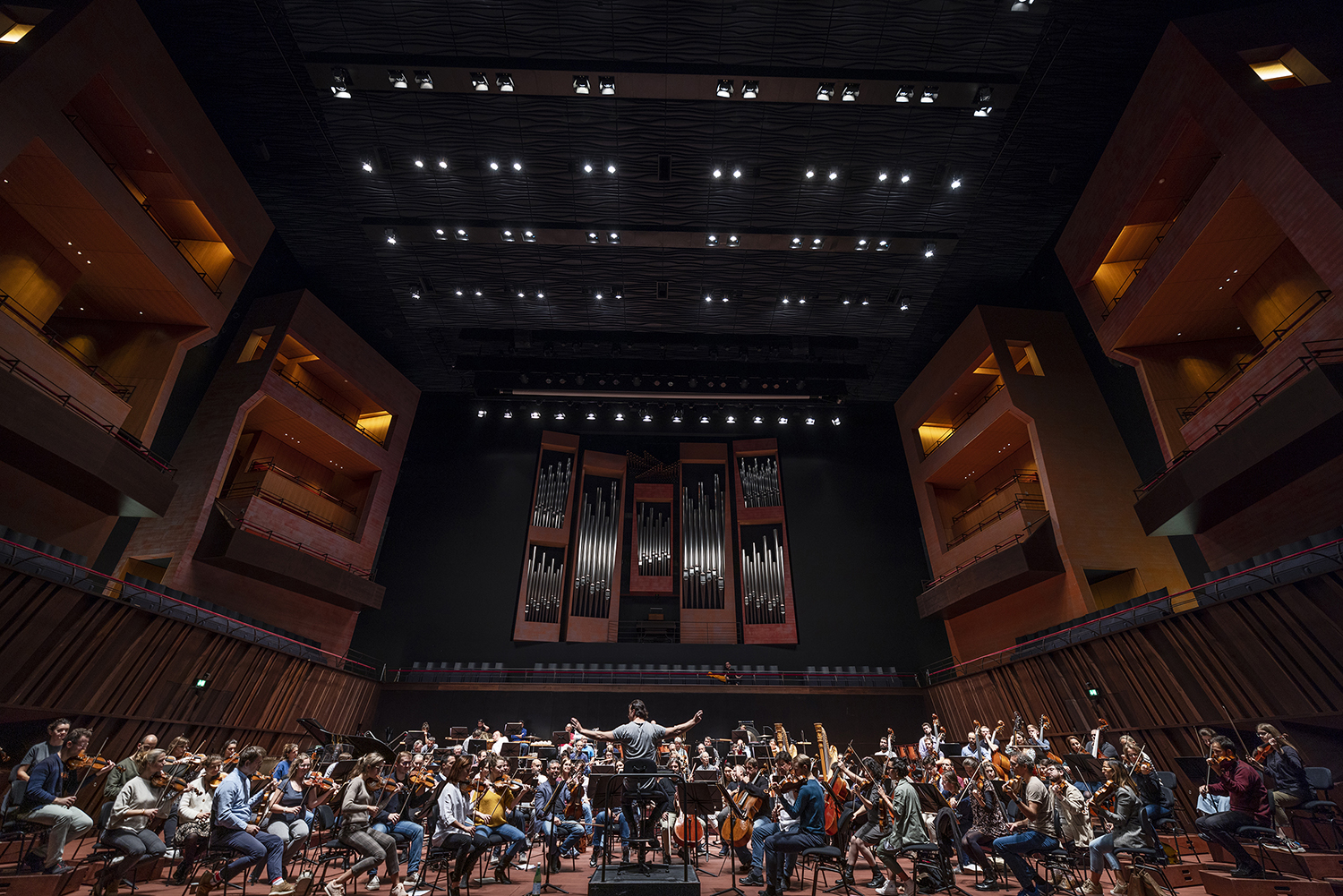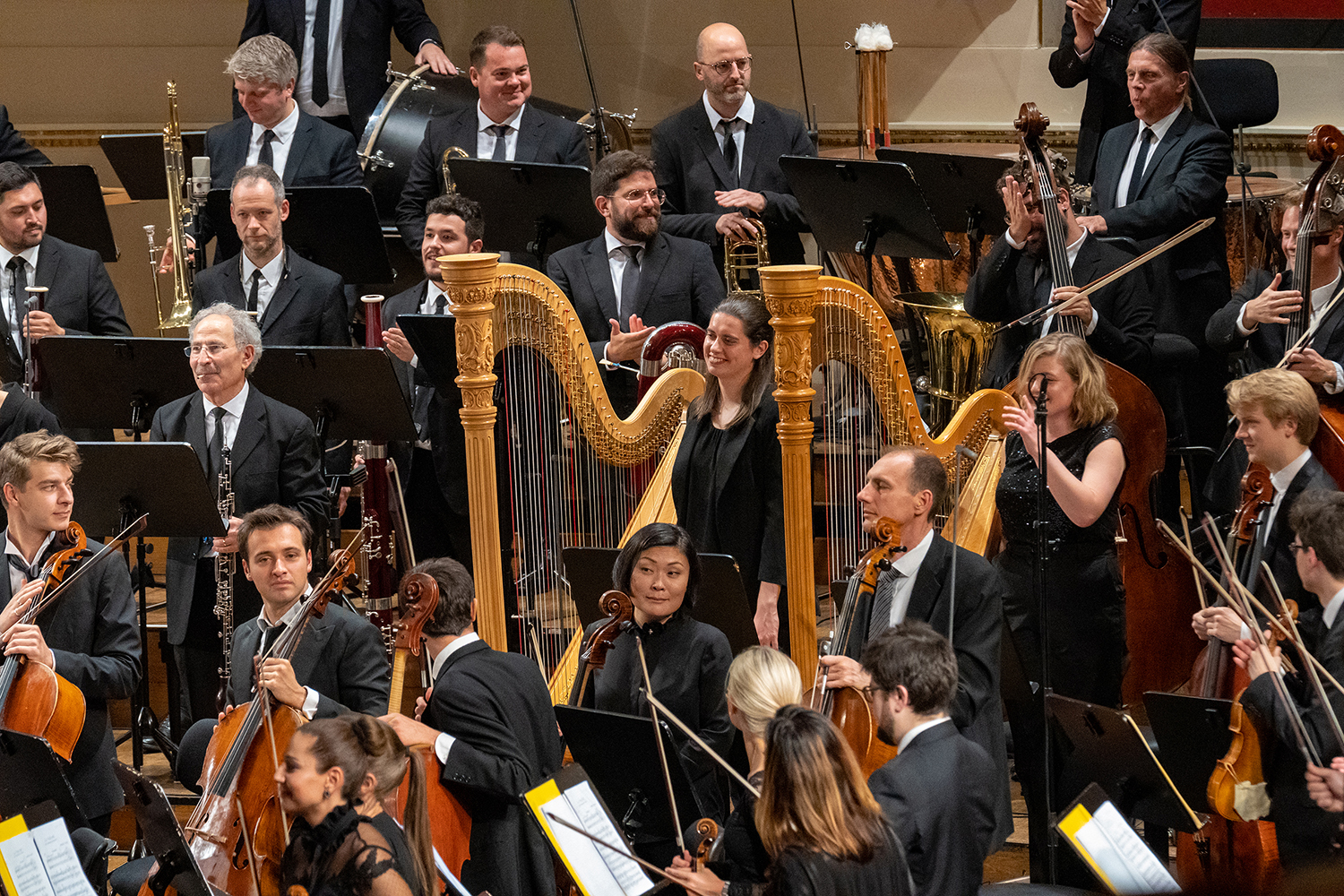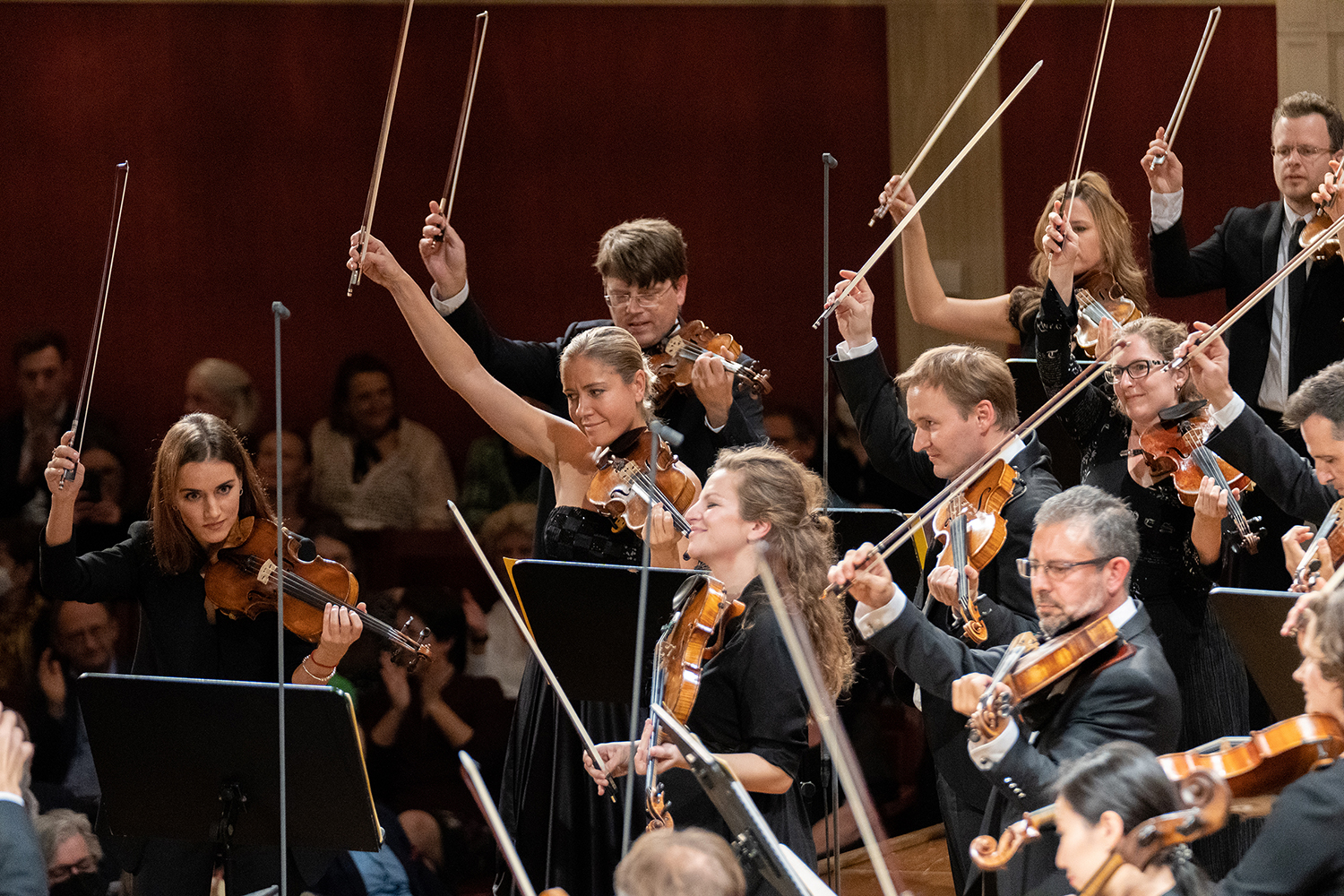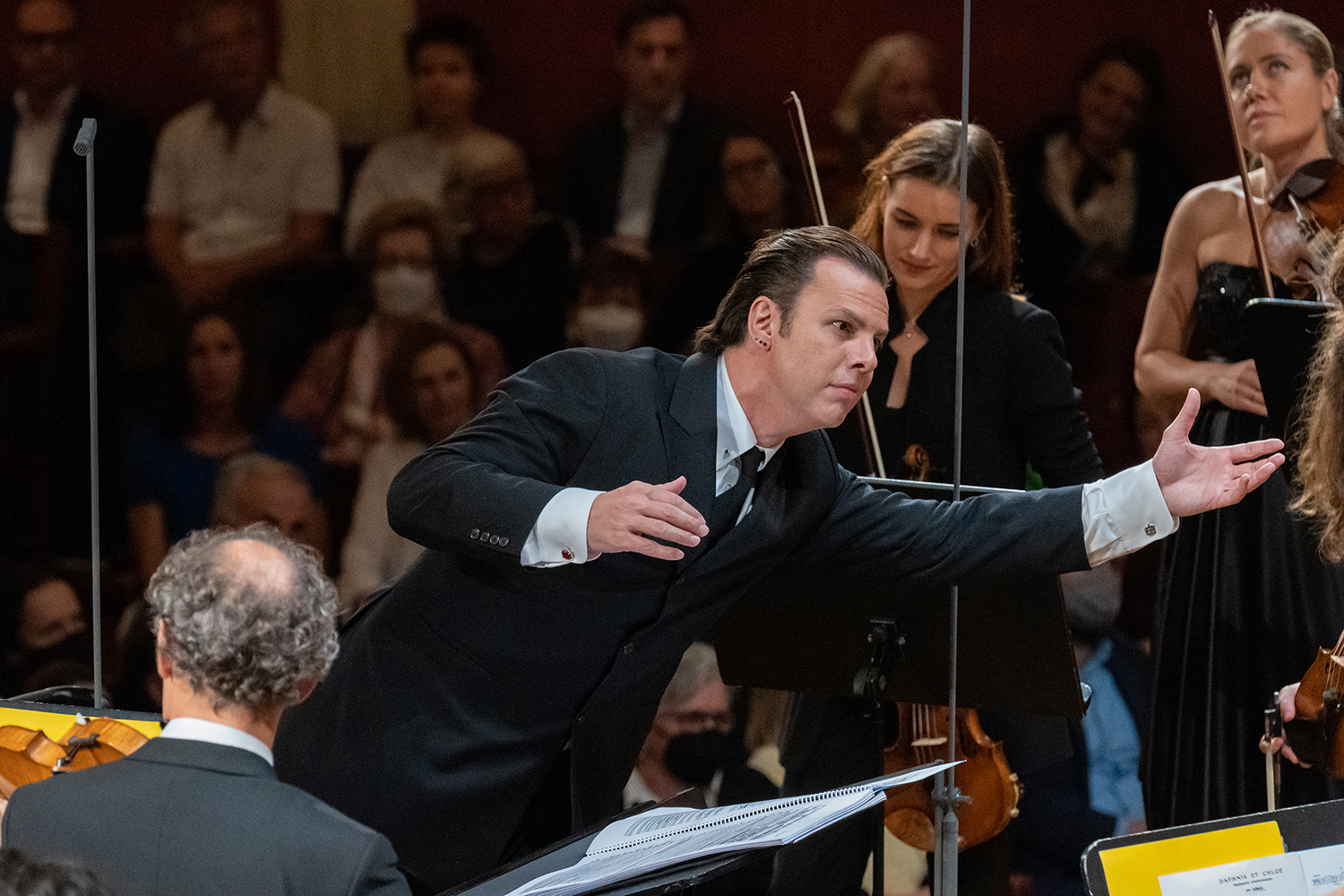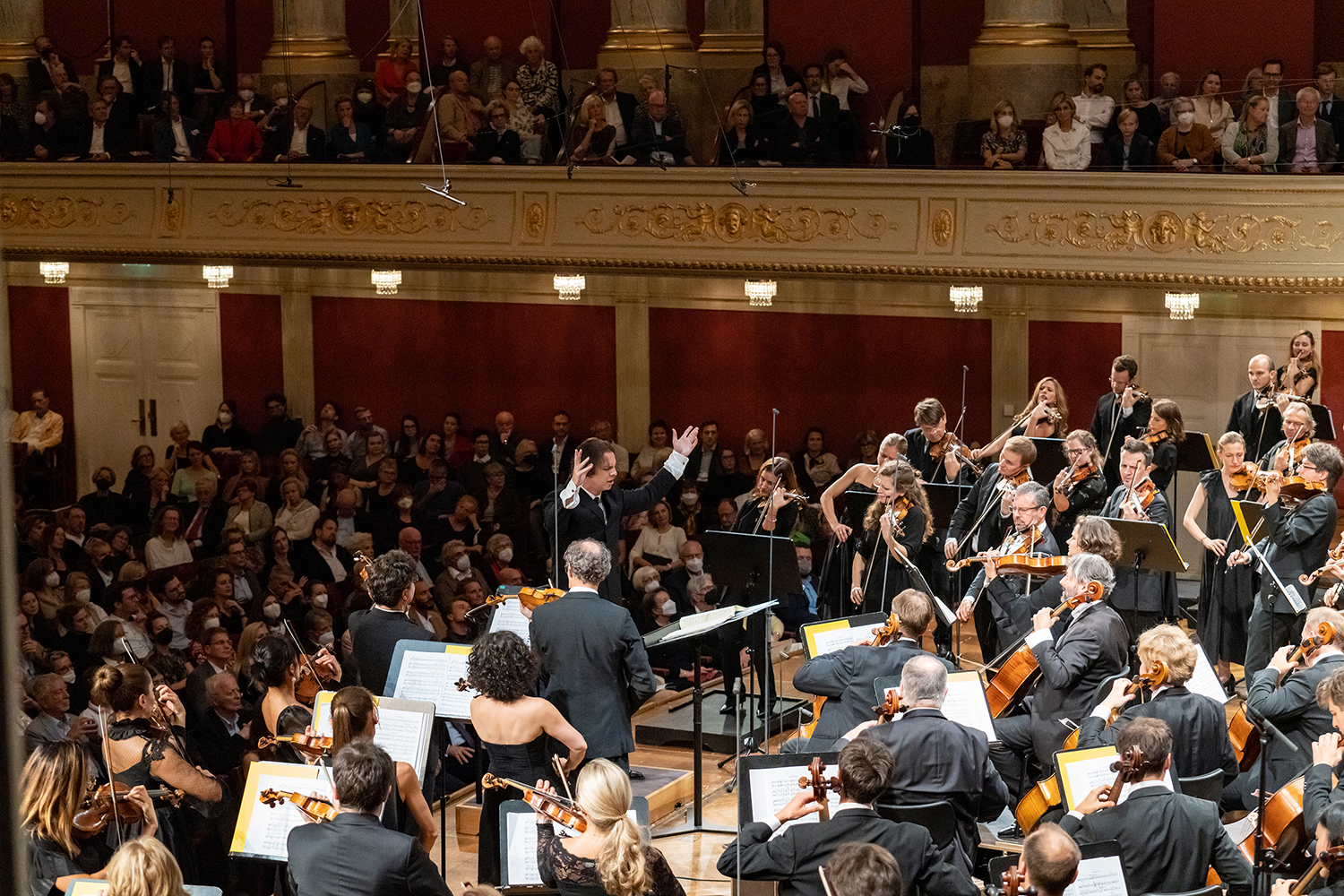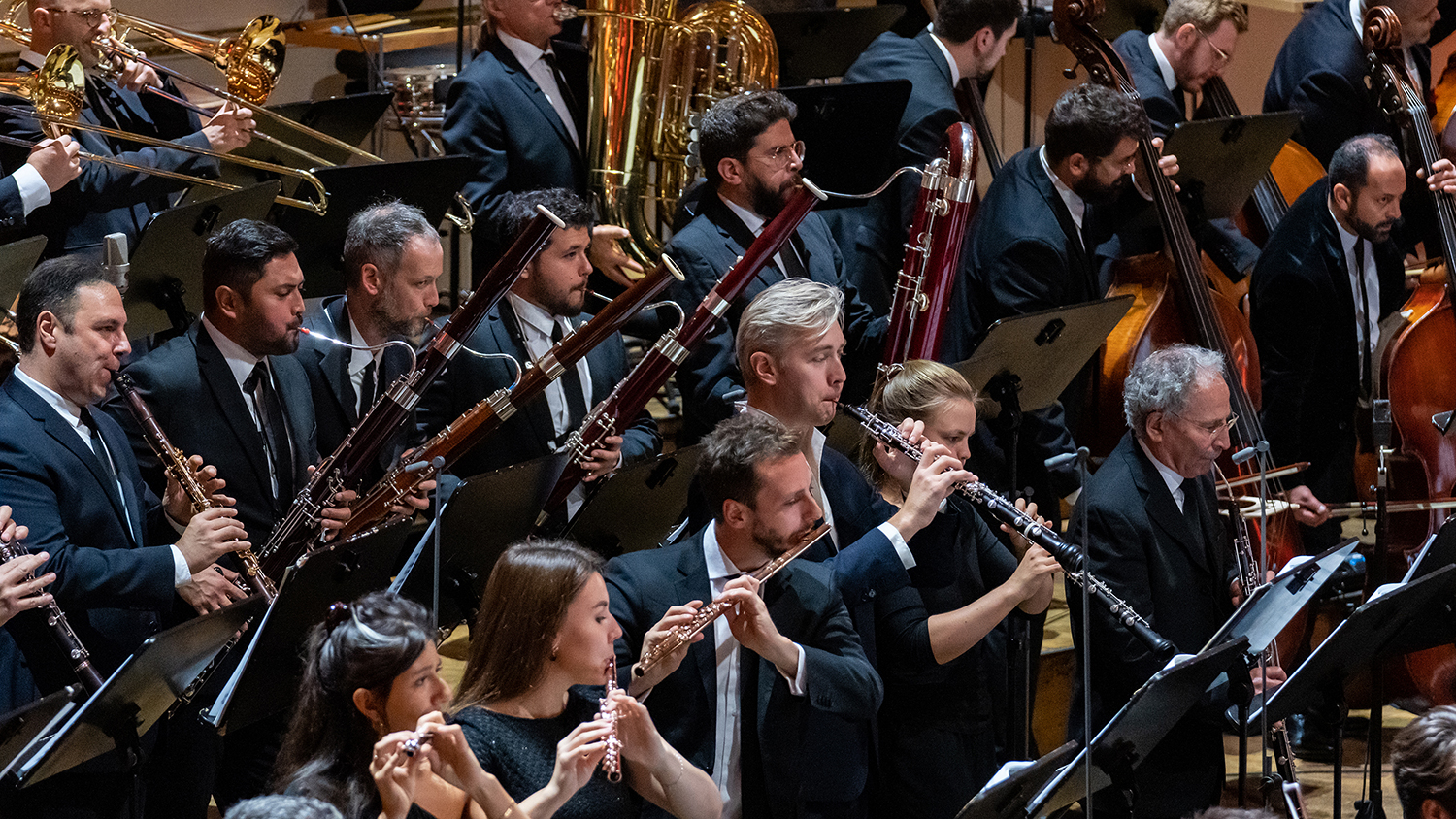Utopia – Teodor Currentzis
Symphony No. 3 by Gustav Mahler
Podium star Teodor Currentzis will perform alongside his new artistic project, Utopia, an international ensemble consisting of major world-renowned soloists.
Born in Athens in 1972, the distinguished Greek conductor learned his craft under the legendary Ilya Musin at the Saint Petersburg State Conservatory from 1994 to 1999. In 2004, he founded musicAeterna Orchestra and Choir in Novosibirsk, with whom he took Europe’s music capitals by storm. In 2018, he was appointed chief conductor of the Stuttgart Radio Symphony Orchestra. In the meantime, he keeps performing at all major festivals, collaborating with the greatest directors and garnering international awards for his recordings. Gifted and unconventional, he occupies a prominent place in classical music thanks to his brilliant performances, which invariably evoke powerful emotions in his audience.
At the Odeon concert, the famous maestro will conduct the Utopia in Mahler’s majestic Symphony No. 3. Composed in the summers of 1895 and 1896, the gigantic Symphony No. 3 (six movements with a total running time of over 90 minutes) constitutes Mahler’s sublime celebration of Nature and the elemental forces of beings as they strive to merge with God. For the composer, mutual love is tantamount to the most admirable desire of existence, elevating humankind far above their perishable and painful condition. In the fourth part, “Zarathustra’s roundelay”, performed by the mezzo-soprano, Mahler wonders about the meaning of life and the possibility of joy. In the fifth movement, childish voices narrate an angelic “sweet song, with blessed joy it rang in heaven”. The Adagio, in the conclusion, soothing in its splendour despite its solemn passages, provides a response to the previous agonizing questions and leads the work to its redemptive finale.
-
Gustav Mahler (1860-1911)
Symphony No. 3 in D minor
Odeon of Herodes Atticus
- 15/06/2023 at 21:00
all events
Opera | Music | Theatre | Dance | Classical music | Premiere | Greek Debut
Ancient Theatre of Epidaurus | Odeon of Herodes Atticus
all venues


